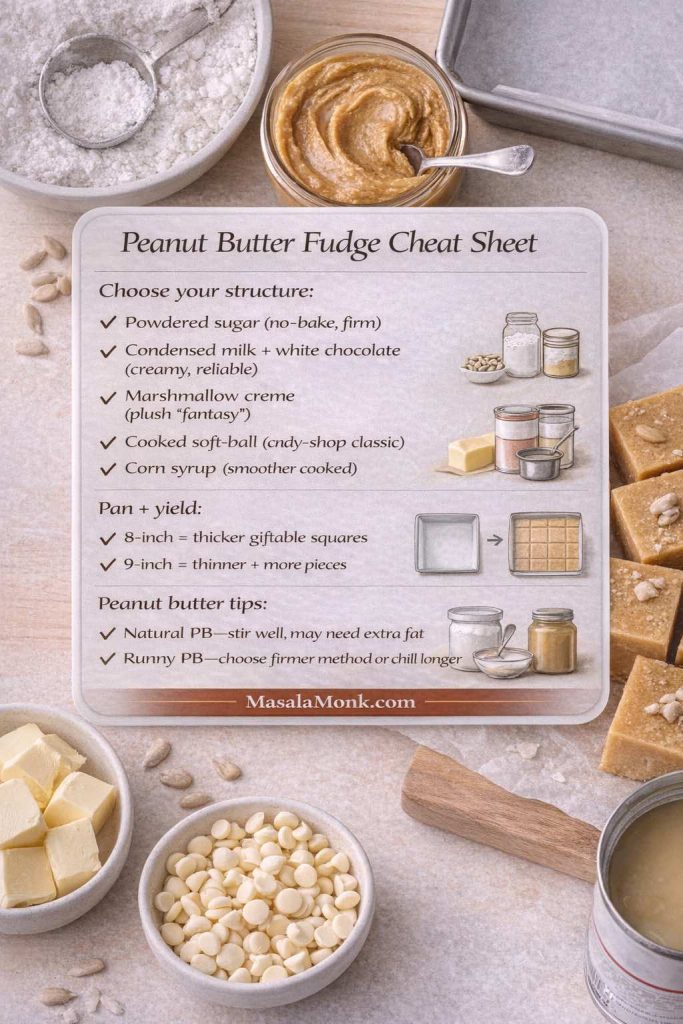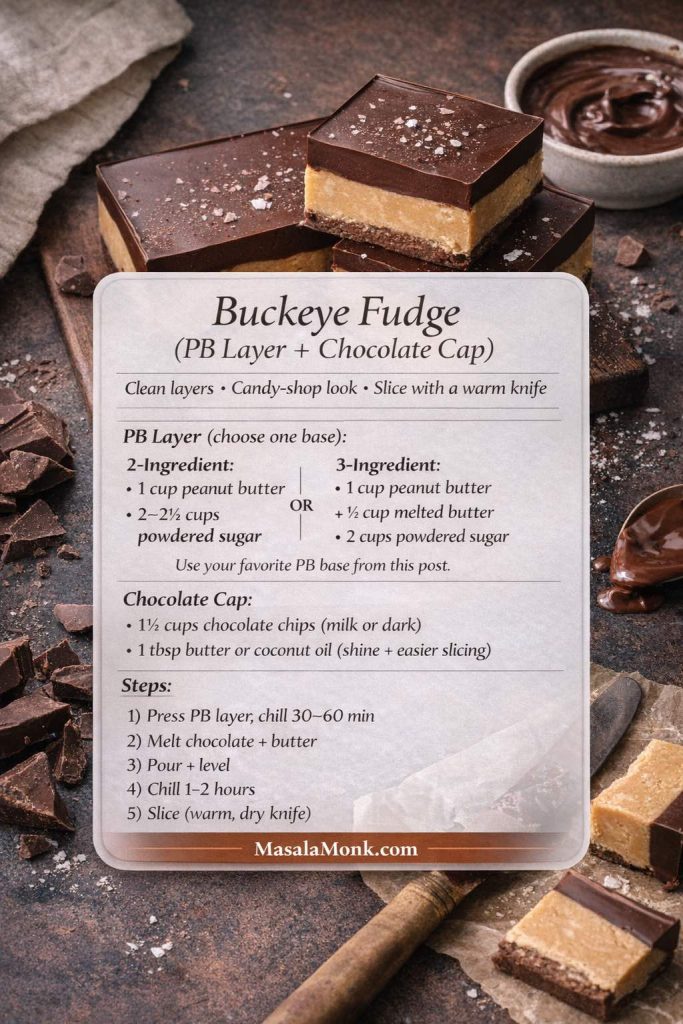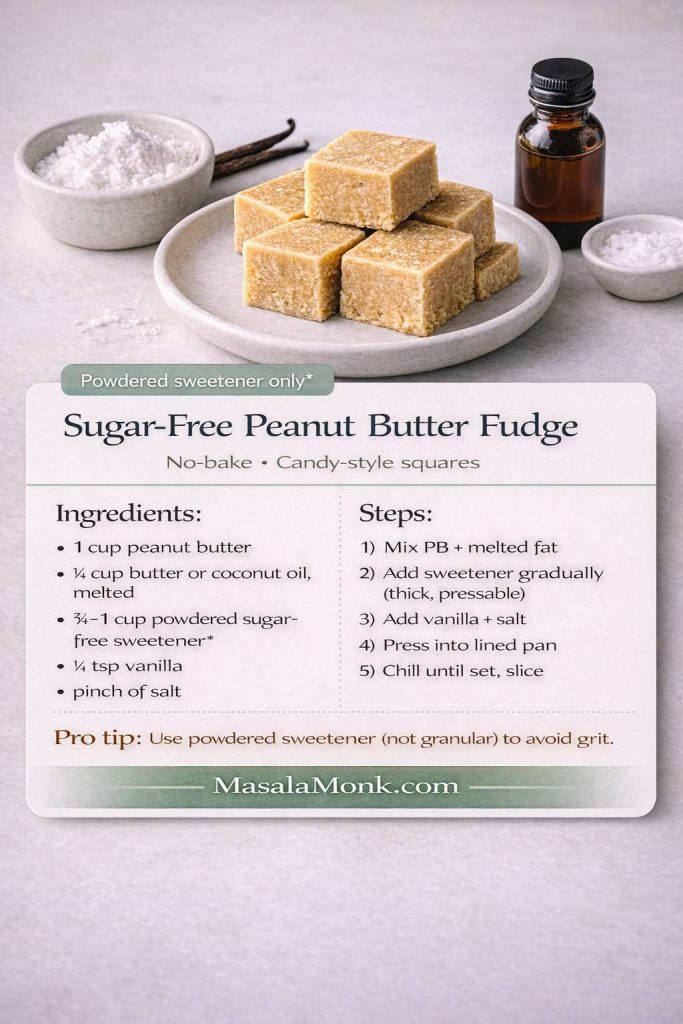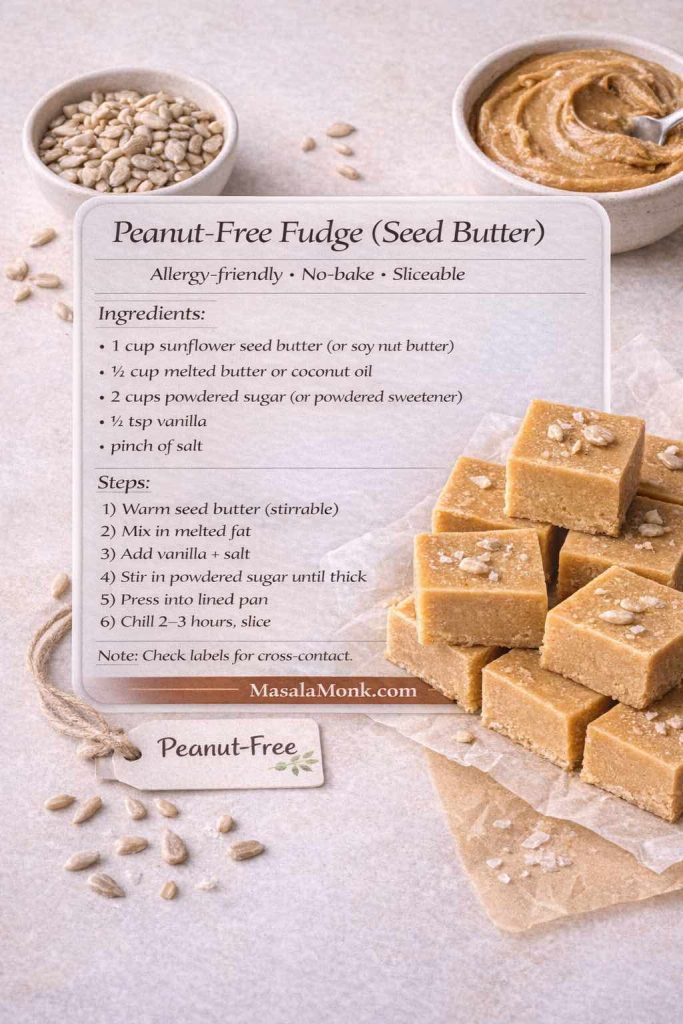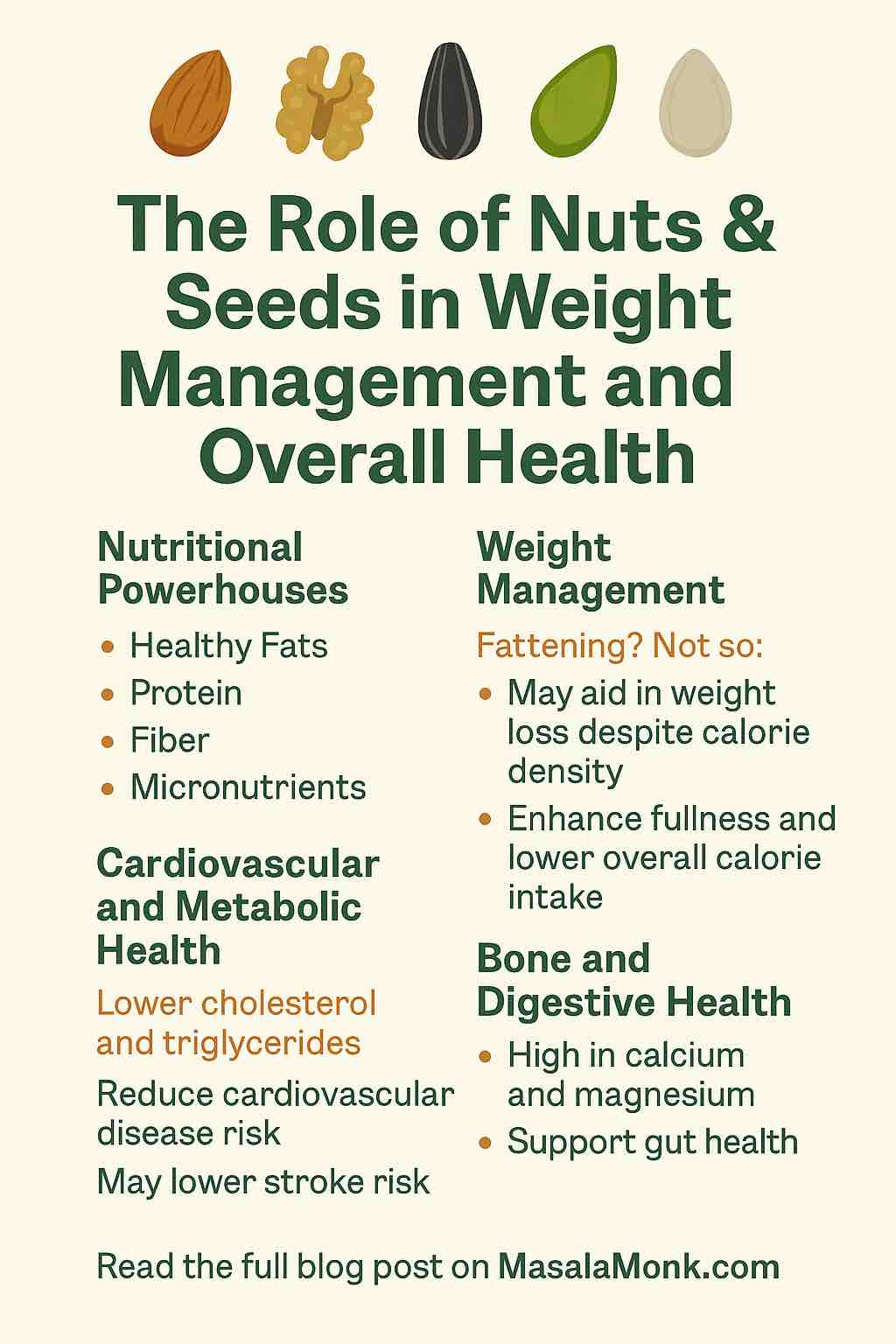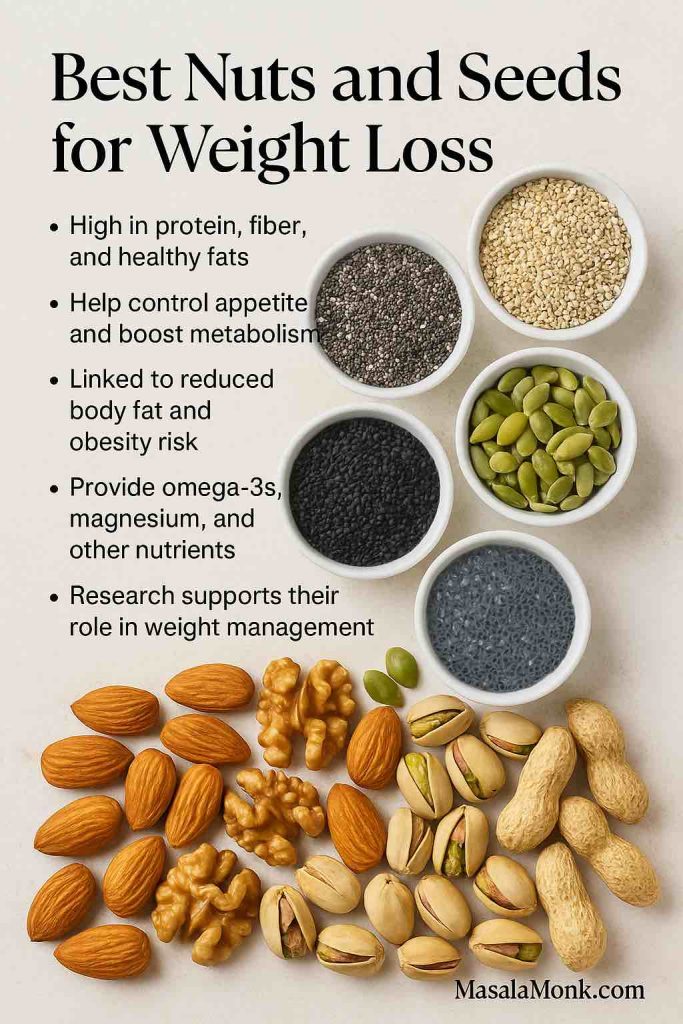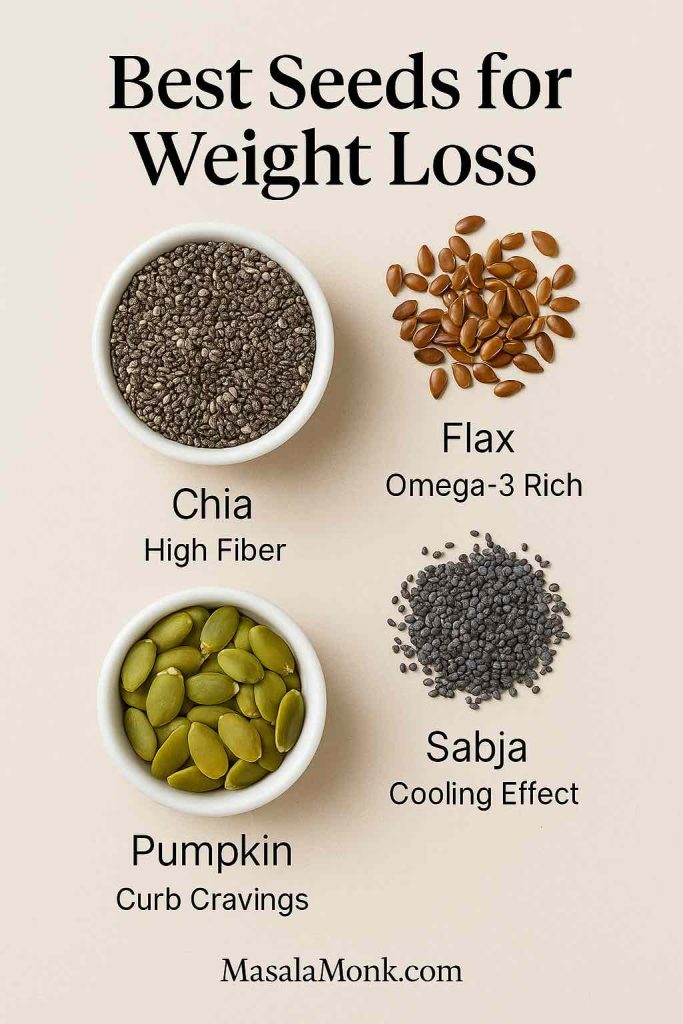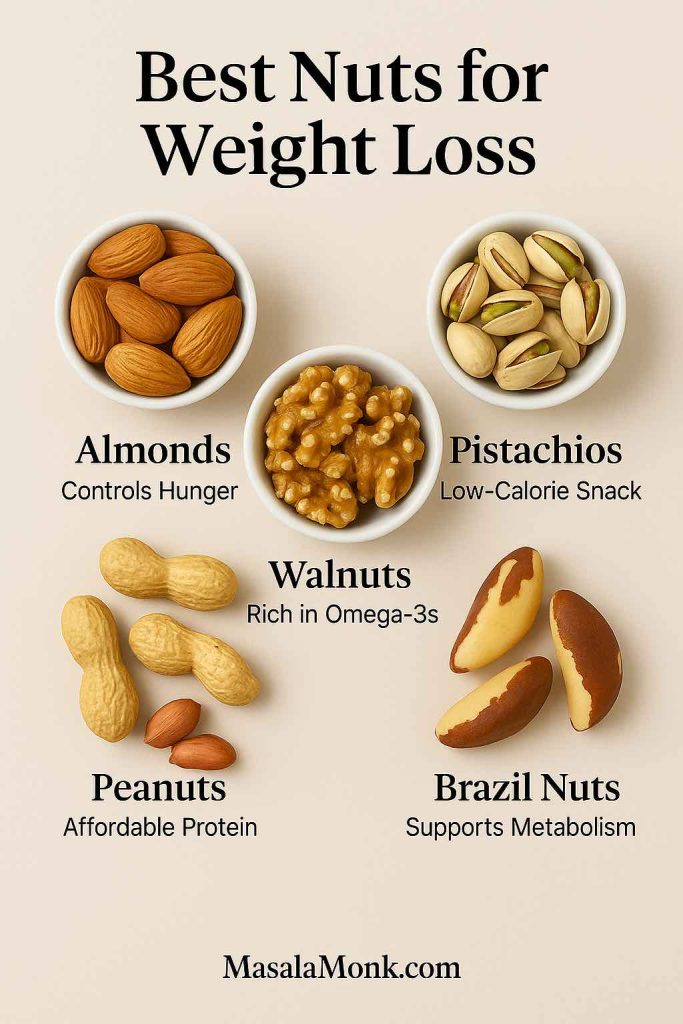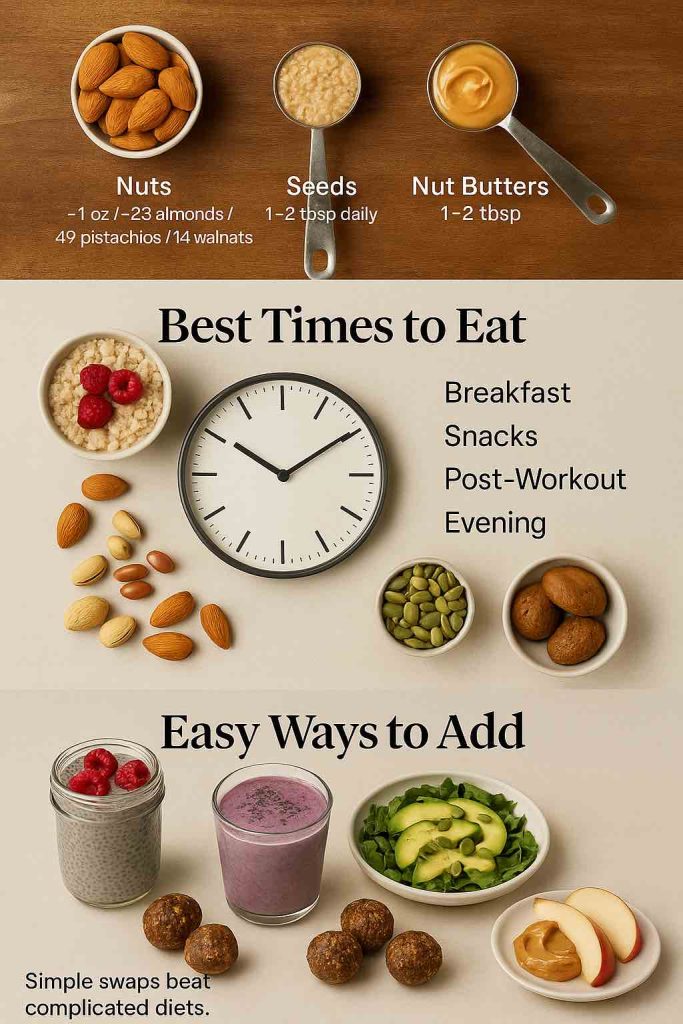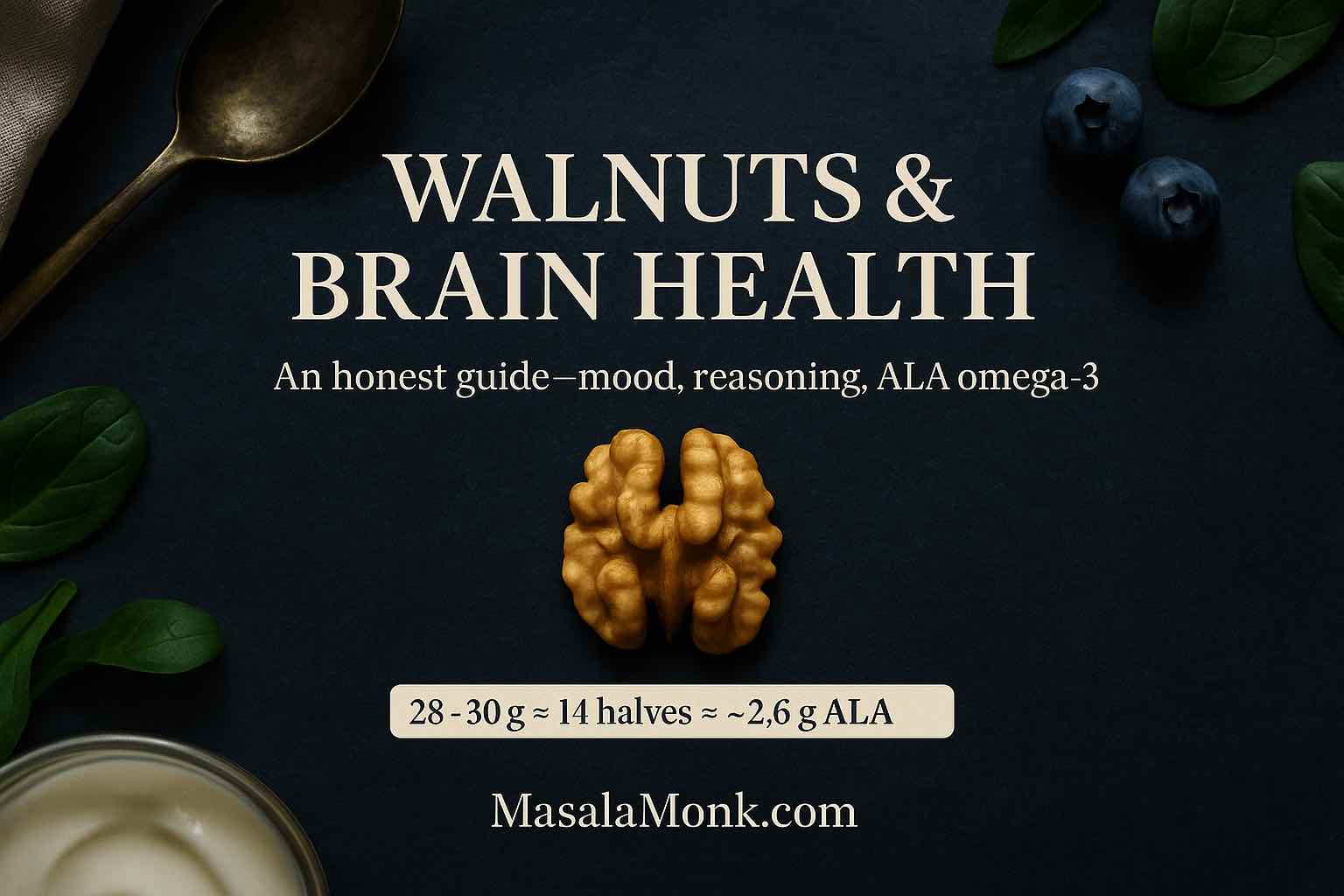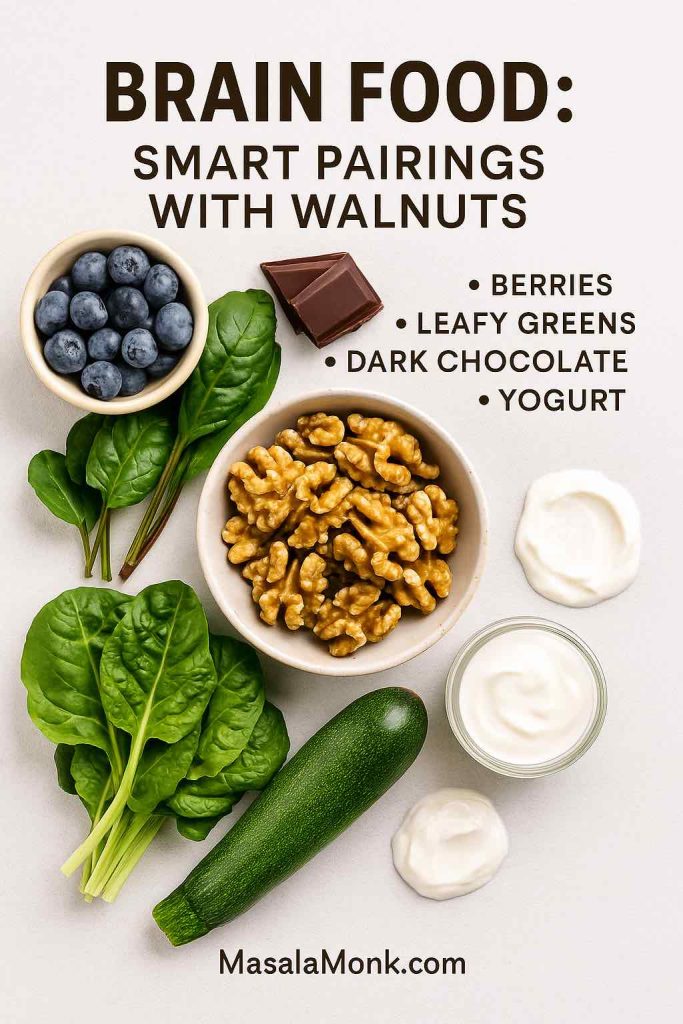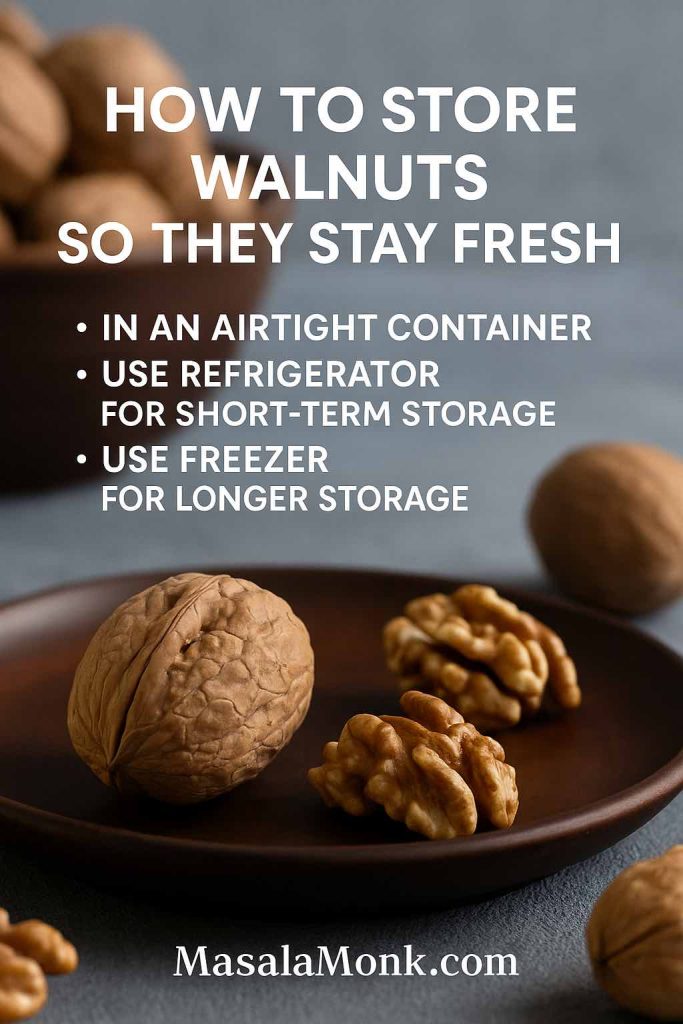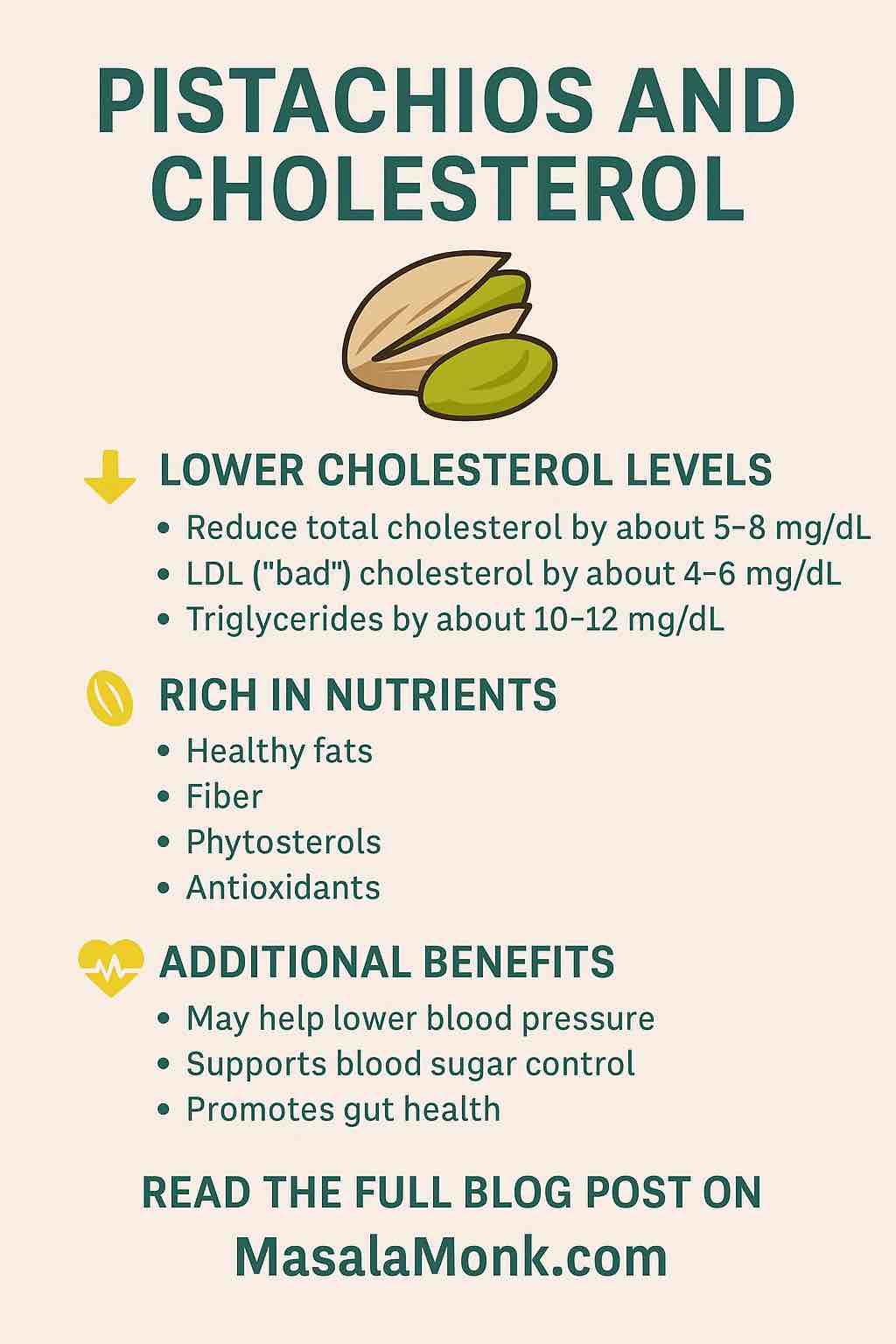
Some desserts are worth the effort. Fudge is worth it precisely because it doesn’t demand much effort at all—at least not in the versions you’ll make here. With fudge made from sweetened condensed milk, you get a shortcut that still tastes rich and finished: glossy, sliceable, and the kind of treat that looks at home on a festive platter or tucked into a small gift box.
Better yet, one dependable approach can branch into a whole set of flavors. That’s why this post is built like a guide you’ll actually use: a simple master method, then 10 full recipes that share the same rhythm. As you move through them, you’ll see the same ideas repeating in fresh ways—chocolate and sweetened condensed milk, peanut butter and condensed milk, cocoa powder structure, white chocolate as a firming backbone, and marshmallow crème for that plush “fantasy” bite.
Although the recipes vary, the goal stays the same: a smooth set, clean cuts, and a texture that feels creamy rather than crumbly or gritty. So, before we dive into the flavors, let’s set the stage properly—because a few small choices at the start make every pan easier to nail.
The simple rule that makes condensed milk fudge feel “no-fail”
Fudge is one of those candies where texture is everything. When it’s right, it’s firm but tender, dense yet smooth. When it’s off, it can turn sticky-soft, oddly greasy, or grainy in a way that makes you wish you’d just eaten a spoonful straight from the saucepan and called it a day.
In the condensed milk style, the easiest way to stay on the “right” side of that line is to remember one practical rule:
Sweetened condensed milk needs a strong setting partner.
Most often, that partner is melted chocolate (dark, milk, or white). Sometimes it’s a mix of cocoa powder and sugar for structure. In the marshmallow crème version, the fluff helps the mixture hold together while keeping the bite soft and cohesive. However it shows up, the setting partner is what turns a thick sauce into a sliceable square.
This is also why some “two ingredient” ideas—like condensed milk plus peanut butter—can feel unpredictable in warm kitchens. Peanut butter is rich, yes, but it doesn’t always firm up enough on its own. Once you add white chocolate (or another firming element), the entire batch becomes more stable, and the texture shifts from spoonable to sliceable.
If you’re curious about the classic condensed milk fudge baseline that inspired a lot of these modern shortcuts, you can glance at the traditional-style formula in Eagle Brand’s chocolate fudge recipe. It’s the same general idea you’ll use here—melt, stir, spread, chill—just translated into a full set of variations.
Also Read: Sourdough Recipe: 10 Easy Bread Bakes (Loaves, Rolls & Bagels)
Your setup (and why it matters more than you think)
Tin size (keep it consistent)
Every recipe below is written for a 20 × 20 cm (8 × 8-inch) square tin. You can use a slightly larger pan for thinner pieces, but consistency makes life easier—especially when you’re moving between flavors and you want them to set similarly.
Lining the tin
Line the pan with baking paper so it overhangs on two sides. That overhang becomes your handle later. As a result, you can lift the whole slab out cleanly, then slice it neatly without scraping corners.

Heat level
Low heat is your friend. Chocolate scorches quickly when pushed, and white chocolate is especially sensitive. So, even though it’s tempting to rush, keep the flame gentle and stir steadily.
A note on “chips”
You’ll see two roles in these recipes: chopped chocolate is for a smoother, more reliable melt in the base, while chocolate chips are best used as fold-ins when you want real chocolate pockets in each bite. Also, chips can look stubborn in the microwave and then suddenly melt once stirred—that’s why short bursts and frequent stirring matter. If you’d like a dependable microwave reference for the rhythm, King Arthur Baking’s easy microwave fudge demonstrates the stop-and-stir approach that prevents scorching.

Cooling and slicing sweetened condensed milk fudge
Chill until firm—usually 2 to 4 hours—then slice with a warm knife. Warm doesn’t mean blazing hot; rather, run the knife under hot water, wipe it dry, and cut. Repeat as needed. Consequently, you get sharp edges instead of ragged cracks.
Also Read: Peanut Butter Fudge: Recipes & Guide (8 Methods + Easy Variations)

The master method you’ll reuse (stovetop + microwave)
Most of the recipes below follow one of two paths:
- Melted chocolate + sweetened condensed milk, then flavor and set
- A structured cocoa base (cocoa + sugar + butter + condensed milk), then set
Because the steps repeat, you’ll get faster with every batch. In fact, after you make the first pan, the others feel almost effortless.
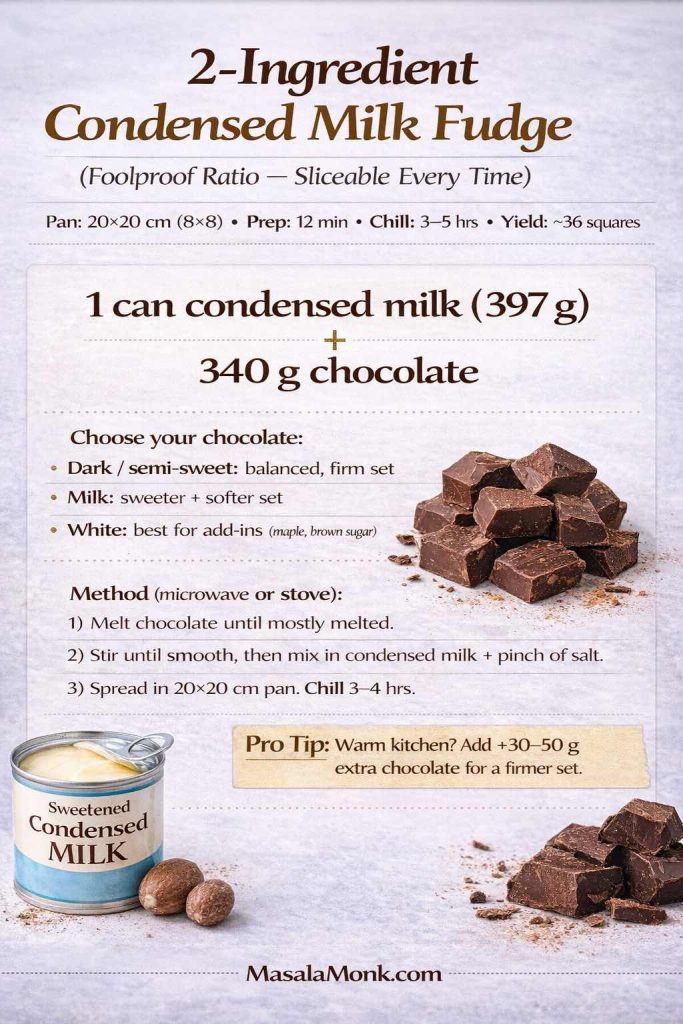
Stovetop master method (best for control)
- Line the tin and set it aside.
- Add your chocolate (or white chocolate) plus sweetened condensed milk to a saucepan.
- Place on low heat and stir slowly but consistently until glossy.
- Remove from heat, then stir in salt, vanilla, and any flavor additions.
- Spread into the tin and smooth the top.
- Chill until firm.
Microwave master method (best for speed)
- Put chopped chocolate in a large microwave-safe bowl.
- Microwave in 20–30 second bursts, stirring very well each time, until the chocolate is mostly melted (a few soft lumps are fine).
- Keep stirring until those last lumps disappear and the chocolate turns smooth and shiny.
- Add sweetened condensed milk and mix until the mixture becomes thick and glossy.
- Warm for 10–15 seconds only if needed, then stir again until fully smooth. Stir in flavor additions, spread, and chill.
One reminder worth repeating: in microwave batches, stirring finishes the melt. Stop when the chocolate is mostly melted, then stir until smooth. That’s how you get a glossy set without scorched edges or greasy separation.
Also Read: 10 Vegan Chocolate Cake Recipes (Easy, Moist, & Dairy-Free)
Microwave sweetened condensed milk fudge (3–5 minute method that won’t scorch)
If you’re looking for microwave fudge with condensed milk, the trick isn’t “longer cooking.” It’s short bursts + aggressive stirring. Chocolate keeps melting from residual heat, so stirring is what finishes the job without scorching the edges or splitting the mixture.
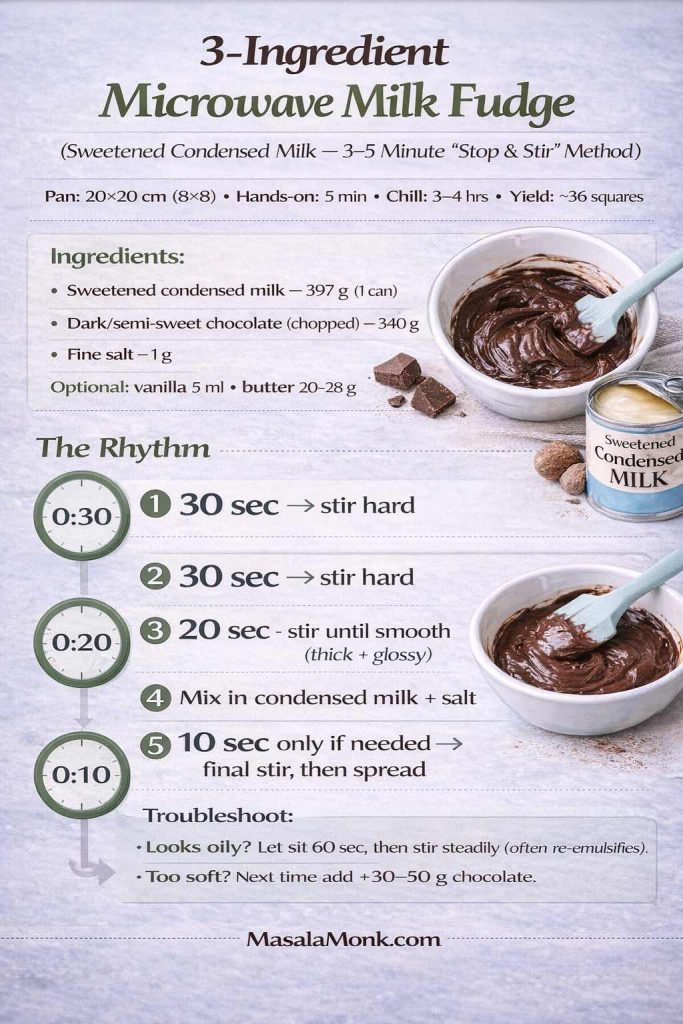
What you need (for a 20 × 20 cm tin)
- Sweetened condensed milk: 397 g
- Dark / semi-sweet chocolate, chopped: 340 g
- Fine salt: 1 g
- Optional (smoother bite): 20–28 g unsalted butter
- Optional (rounds sweetness): 5 ml vanilla extract
Microwave method (the reliable rhythm)
- Line the tin with baking paper (overhang on two sides).
- Put the chopped chocolate in a large microwave-safe bowl.
- Microwave in 20–30 second bursts, stirring very well each time, until the chocolate is mostly melted (it can look lumpy, but should feel soft).
- Add the sweetened condensed milk + salt. Stir firmly until the mixture turns thick and glossy.
- If it still looks streaky or stubborn, microwave 10–15 seconds, then stir again until fully smooth.
- Stir in butter (if using) until melted, then vanilla.
- Spread into the tin, smooth the top, and chill until firm.
How long does it take?
- Total microwave time is usually 60–120 seconds (plus stirring).
- The more important number is how many times you stir: 4–8 proper stirs beats “one long blast” every time.
Microwave troubleshooting (quick fixes)
- Grainy or oily look: the chocolate got too hot. Next time use shorter bursts. For now, let it sit 1 minute, then stir steadily; it often re-emulsifies as it cools slightly.
- Too soft after chilling: you didn’t have enough “setting partner” (chocolate/white chocolate), or your add-ins softened the ratio. Chill longer, then store in the fridge. Next batch: increase chocolate by 30–50 g if your kitchen is warm.
- Chocolate seized or clumped: Chocolate chips and some chocolates can clump before smoothing out because of stabilizers and uneven heating. Don’t blast it longer—let it sit 30–60 seconds, then stir steadily. Next time, use shorter bursts and a larger bowl for gentler heat.
Also Read: Kahlua Drinks: 10 Easy Cocktail Recipes (Milk, Vodka, Coffee)
Why fudge turns grainy (and how these recipes avoid it)
Graininess in fudge is almost always about sugar crystallization: you get crystals, but they’re too large to feel smooth. The interesting twist is that fudge actually wants crystals—just tiny ones that make the texture creamy rather than sandy. The science explanation in Exploratorium’s “What’s Special About Fudge?” is a surprisingly readable deep dive into that microcrystal sweet spot.

In condensed milk fudge, you usually sidestep the worst crystallization issues because you’re not boiling sugar syrup to a precise stage. Still, graininess can happen if:
- the mixture overheats and separates,
- you stir aggressively after it’s already thickening in a cooked style,
- or dry ingredients clump and never fully dissolve.
That’s why these recipes emphasize gentle heat, steady stirring, and sifting cocoa where needed. In other words, the “no-fail” feeling isn’t magic—it’s good handling.
Also Read: Hot Chocolate Coffee: 3 Easy Recipes (Cocoa, Mix, or Espresso)
1) Sweetened condensed milk chocolate fudge (classic 3-ingredient style recipe)
This is the one you’ll come back to when you want something simple and dependable. It’s the core condensed milk fudge recipe—smooth, glossy, and sliceable without drama. It also adapts easily: change your chocolate, add nuts, switch the aroma with vanilla, and you still end up with a finished candy.
Ingredients (20 × 20 cm tin)
- Sweetened condensed milk: 397 g
- Dark or semi-sweet chocolate, chopped: 340 g
- Fine salt: 1 g
Optional, but genuinely worth it:
- Unsalted butter: 28 g
- Vanilla extract: 5 ml

Method (stovetop)
- Line the tin and set it aside.
- Combine chocolate, sweetened condensed milk, and salt in a saucepan.
- Warm on low heat, stirring until the mixture becomes glossy and uniform.
- Remove from heat. Add butter (if using) and stir until fully melted. Then add vanilla.
- Spread into the tin, smooth the top, and chill until firm.
Microwave version (fast and clean)
Use the microwave master method above: melt chopped chocolate in short bursts, stirring until it’s mostly melted, then stir until fully smooth. Add sweetened condensed milk and salt and mix until the mixture turns thick and glossy. If it looks streaky, warm it for 10–15 seconds and stir again. Finish with vanilla, spread, and chill.
How it tastes (so you can choose your chocolate)
- Dark chocolate makes the sweetness feel balanced and grown-up.
- Milk chocolate makes it softer and sweeter—more “candy bar.”
- A blend lands in the middle, which is often the safest crowd-pleaser.

A serving direction that feels intentional
Instead of just stacking squares, treat it like a dessert plate. A thin drizzle of cocoa syrup and a pinch of flaky salt makes each piece feel “finished.” If you want a quick drizzle that’s already designed to stay smooth, try MasalaMonk’s 3-minute homemade chocolate syrup. It pairs beautifully with condensed milk chocolate fudge, especially when the fudge is slightly chilled and the syrup is warm.
Also Read: Cappuccino Recipe: How to Make a Perfect Cappuccino at Home
2) Chocolate chip and sweetened condensed milk fudge (quick set, classic flavor)
Sometimes you want that familiar holiday-tray vibe: a smooth chocolate fudge base with real chocolate chips baked right into the bite. This version delivers exactly that—rich, straightforward, and full of little chocolate pockets—because the chips are folded in at the end, not melted into the base.
Ingredients (20 × 20 cm tin)
Fudge base
- Sweetened condensed milk: 397 g
- Dark or semi-sweet chocolate, chopped: 300 g
- Fine salt: 1 g
- Vanilla extract: 7.5 ml (1½ tsp)
Fold-in chips (kept as chips)
- Chocolate chips (semi-sweet or milk): 150 g
Optional (smoother bite)
- Unsalted butter: 20 g

Method (stovetop)
- Line the tin with baking paper and set it aside.
- In a saucepan on low heat, melt the chopped chocolate with sweetened condensed milk and salt, stirring steadily until glossy and completely smooth.
- Remove from heat. Stir in butter (if using), then vanilla.
- Let the mixture sit 2–3 minutes so it’s still warm but not scorching hot.
- Fold in the chocolate chips quickly so they stay intact rather than melting into streaks.
- Spread into the tin, smooth the top, and chill until firm.
Method (microwave)
- Melt the chopped chocolate in short bursts, stirring between bursts until smooth.
- Stir in sweetened condensed milk and salt until thick and glossy (warm briefly only if needed).
- Stir in butter (if using) and vanilla.
- Rest 2–3 minutes, then fold in chips.
- Spread and chill.
Why this stays a separate recipe from the chopped-chocolate classic
Even though the base is similar, the experience is different: instead of one uniform chocolate bite, you get bursts of chocolate from the chips. That “chip pop” is what people expect from chocolate chip fudge, and it’s the reason this version earns its own spot.
A small shift that makes it feel “new”
Add a handful of chopped walnuts or toasted pecans—about 60 g—and fold them in just before spreading. Then, once it’s set, slice and serve with hot coffee or iced coffee. If you’re building a “dessert and drink” pairing moment, the condensed milk angle flows naturally into MasalaMonk’s iced coffee recipes collection, which includes condensed milk-style coffee variations for that café feel.
Also Read: Cold Brew Espresso Martini: How to Make It (Step-by-Step Recipe)
3) Cocoa powder fudge with sweetened condensed milk (deep chocolate, no melted chocolate required)
This one leans into cocoa powder and structure. It’s bold, dark, and intensely chocolatey without relying on a mountain of melted chocolate. The texture is slightly more “fudge-like” in a traditional way—dense and smooth, with a clean slice.
Ingredients
- Sweetened condensed milk: 397 g
- Unsalted butter: 60 g
- Cocoa powder (unsweetened), sifted: 60 g
- Icing sugar (powdered sugar), sifted: 120 g
- Fine salt: 1 g
- Vanilla extract: 5 ml
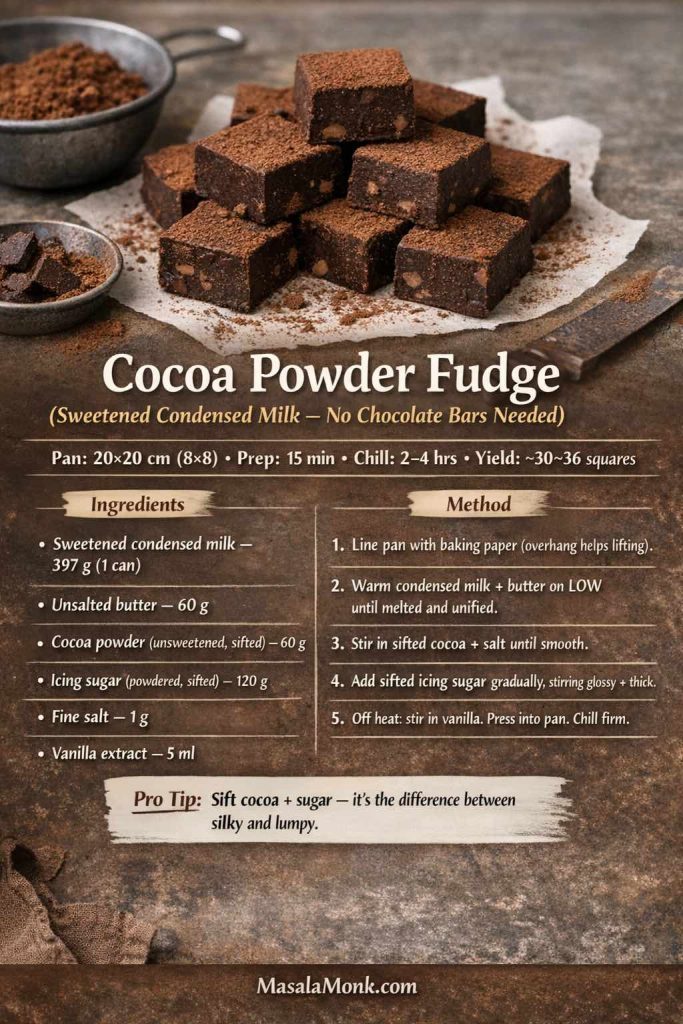
Method
- Line the tin and set it aside.
- In a saucepan on low heat, warm condensed milk and butter until the butter melts and the mixture is unified.
- Add sifted cocoa and salt. Stir until smooth.
- Add sifted icing sugar gradually, stirring until the mixture thickens and becomes glossy.
- Remove from heat, stir in vanilla, then press into the tin.
- Chill until firm.
What to expect
This version sets quickly and tastes strongly of cocoa. Therefore, it’s a smart choice when you want the chocolate flavor to feel clear rather than candy-sweet.
A satisfying way to serve it
Cut into small squares and plate it with something crisp. Churros are especially good because they bring warmth, crunch, and cinnamon. If you want a full churros guide with sauces and variations, MasalaMonk’s churros recipe gives you plenty of options for turning fudge into a dip or a dessert board centerpiece.
Also Read: Cranberry Moscow Mule Recipe: A Festive Holiday Cocktail With Easy Variations
4) White chocolate fudge with sweetened condensed milk recipe (smooth, creamy, and versatile)
White chocolate condensed milk fudge is the quiet powerhouse of this collection. It’s creamy, sweet, and a perfect base for vanilla, maple, and “holiday tray” flavors. The key is gentle heat. White chocolate scorches faster than dark chocolate, so take your time.
Ingredients
- Sweetened condensed milk: 397 g
- White chocolate, chopped: 340 g
- Fine salt: 1 g
- Vanilla extract: 5 ml
Optional:
- Unsalted butter: 20 g

Method
- Line the tin and set it aside.
- Melt white chocolate with condensed milk and salt on very low heat, stirring often.
- Remove from heat and stir in butter (if using), then vanilla.
- Spread, smooth, chill.
Why this base matters
White chocolate fudge is the bridge between candy and dessert. It also behaves beautifully with add-ins like nuts, dried fruit, or maple. So, even if you make only one “non-chocolate” fudge from this post, make it this one—because it becomes several other recipes with minor shifts.
A gentle, natural pairing link
If you like desserts that lean creamy and layered rather than purely chocolate, you’ll probably love MasalaMonk’s savoiardi chocolate vanilla pudding. It’s a different format, yet it hits the same comfort-dessert note, especially after a meal.
Also Read: Baked Ziti Recipe Collection: 15 Easy Variations
5) Vanilla fudge (sweetened condensed milk) recipe with a clean, classic finish
Vanilla fudge often gets dismissed as “just white chocolate,” but it doesn’t have to taste vague. The difference comes from how you build the flavor: more vanilla, a pinch of salt, and an option for vanilla bean paste if you want that speckled bakery look.
Ingredients
- Sweetened condensed milk: 397 g
- White chocolate, chopped: 340 g
- Fine salt: 1 g
- Vanilla extract: 10 ml (2 tsp)
Optional:
- Vanilla bean paste: 5 ml
- Unsalted butter: 20 g

Method
- Melt white chocolate, condensed milk, and salt on very low heat.
- Remove from heat. Stir in vanilla extract (and paste if using).
- Spread into the tin. Chill until firm.
Make it feel special without making it complicated
Once set, sprinkle a light dusting of cinnamon or cardamom on top and press gently so it clings. It reads like a deliberate flavor choice rather than “plain.” Even more, it pairs beautifully with fruit-forward desserts, which makes it a nice companion to something like MasalaMonk’s no-bake blueberry cheesecake if you’re building a dessert table with variety.
Also Read: Manhattan Cocktail Recipe (Classic + 6 Variations)
6) Peanut butter fudge using sweetened condensed milk (firm, creamy, and sliceable)
This is where a lot of people get disappointed when they improvise: peanut butter and condensed milk taste wonderful, but the set can be too soft. So, this recipe uses white chocolate as the structure. The result is creamy, stable, and easy to cut—even when your kitchen runs warm.
For a broader peanut butter fudge universe (including old fashioned cooked versions, marshmallow crème methods, and more), MasalaMonk’s peanut butter fudge guide is a great companion read.
Ingredients
- Sweetened condensed milk: 397 g
- White chocolate, chopped: 300 g
- Peanut butter (creamy): 180 g
- Fine salt: 1 g
- Vanilla extract: 5 ml
Optional:
- Roasted peanuts, chopped: 50–60 g
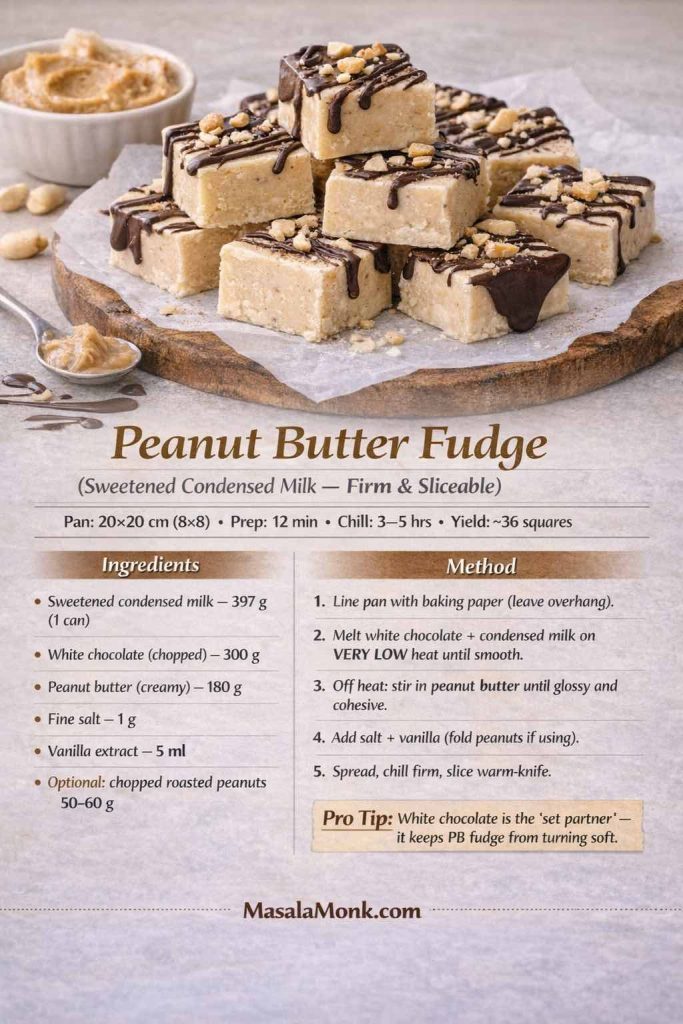
Method
- Line the tin and set it aside.
- Melt white chocolate with condensed milk on very low heat until smooth.
- Remove from heat and stir in peanut butter until glossy.
- Add salt and vanilla. Fold in peanuts if using.
- Spread into the tin and chill.
What the texture should look like
When you stir in the peanut butter, the mixture should turn silky and cohesive, not greasy or separated. If it looks oily, keep stirring gently until it emulsifies. In most cases, it comes together with patience rather than extra heat.
A dessert-board idea
Peanut butter fudge is fantastic with crisp cookies, bananas, or even spooned onto toast. If you want a no-oven dessert that shares the same “layer and chill” ease, MasalaMonk’s banana pudding sits in the same comfort zone and pairs well on a dessert spread.
Also Read: Green Chutney Recipe (Coriander–Mint / Cilantro Chutney)
7) Chocolate peanut butter fudge recipe (Sweetened condensed milk) — swirl or layers
Chocolate and peanut butter together are always a win, yet you can choose the vibe: swirled for a casual look, layered for that clean “buckeye” feel. Either way, this version is built to set firmly and slice beautifully.
Ingredients (two mixtures)
Peanut butter base
- Sweetened condensed milk: 220 g
- White chocolate: 170 g
- Peanut butter: 150 g
- Fine salt: 0.5 g
- Vanilla extract: 2.5 ml
Chocolate layer/swirl
- Sweetened condensed milk: 177 g
- Dark or semi-sweet chocolate: 190 g
- Fine salt: 0.5 g
- Vanilla extract: 2.5 ml
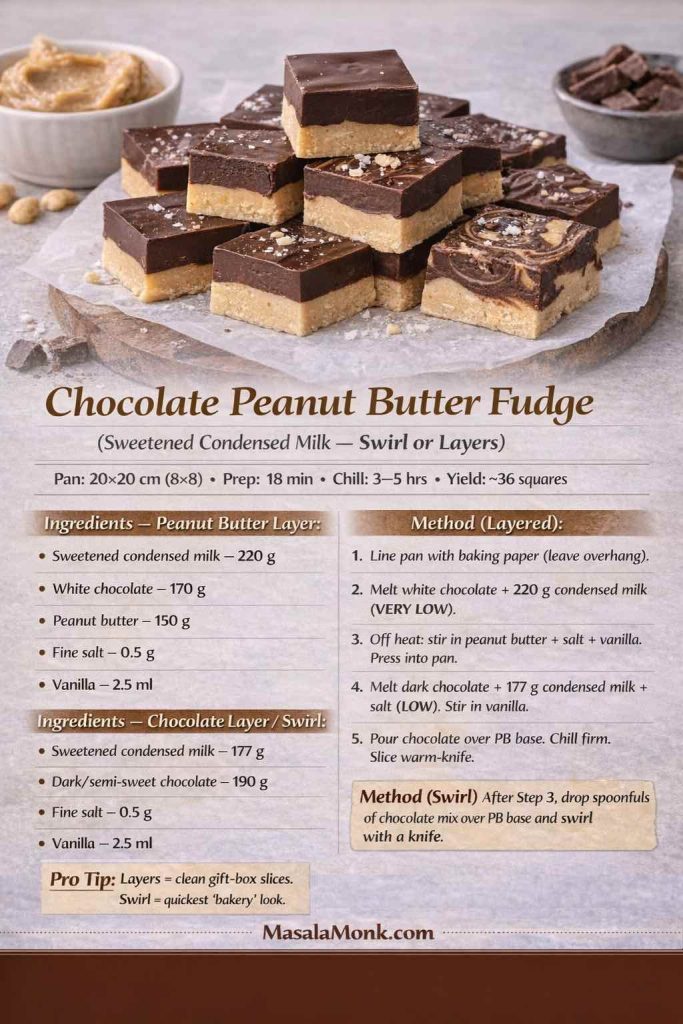
Method (layered)
- Make the peanut butter mixture: melt white chocolate with condensed milk, then stir in peanut butter, salt, and vanilla. Press it into the tin.
- Make the chocolate mixture: melt dark chocolate with condensed milk and salt, then stir in vanilla.
- Pour the chocolate layer over the peanut butter base.
- Chill until firm, then slice with a warm knife.
Method (swirled)
Instead of pouring the chocolate as one layer, drop spoonfuls of chocolate mixture over the peanut butter base and swirl with a knife. Then chill.
Make it feel a bit more “dessert-like”
Serve a square with a spoonful of lightly sweetened cream, or drizzle with cocoa syrup. A warm cocoa drizzle (even a simple cocoa + sugar + hot water syrup) makes the swirl taste more ‘dessert’ than candy—especially when the fudge is chilled.
Also Read: Rob Roy Drink Recipe: Classic Scotch Cocktail (Perfect + Dry + Sweet Variations)
8) Nutella fudge with sweetened condensed milk (rich, glossy, and hazelnut-forward)
Nutella and condensed milk are an intuitive match: creamy, sweet, and deeply comforting. However, the best Nutella condensed milk fudge still benefits from real chocolate for structure and depth. This version keeps the hazelnut flavor clear without becoming overly sweet.
Ingredients
- Sweetened condensed milk: 397 g
- Dark or semi-sweet chocolate: 260 g
- Nutella: 180 g
- Fine salt: 1 g
Optional:
- Toasted hazelnuts, chopped: 60 g

Method
- Line the tin and set it aside.
- Melt chocolate with condensed milk and salt on low heat until glossy.
- Remove from heat and stir in Nutella until fully emulsified.
- Fold in hazelnuts if using, then spread and chill.
A festive pairing suggestion
Nutella fudge sits beautifully next to truffles on a holiday tray. If you want a second bite-sized chocolate treat that doesn’t require baking, MasalaMonk’s Irish rum truffles add variety while staying in the same “rich and celebratory” mood.
Also Read: Sandwich for Breakfast: Breakfast Sandwich Recipe + 10 Variations
9) Maple fudge recipe (sweetened condensed milk) with a warm caramel edge
Maple fudge can be tricky if you rely on maple syrup alone—too much liquid can affect the set. So, this recipe uses white chocolate as the structure and a balanced amount of syrup for flavor, then finishes with maple extract (optional but helpful) for that unmistakable maple aroma.
Ingredients
- Sweetened condensed milk: 397 g
- White chocolate: 300 g
- Maple syrup: 60 g
- Fine salt: 1 g
- Maple extract: 2–3 ml (optional, to taste)
Optional:
- Toasted pecans or walnuts: 60 g

Method
- Line the tin and set it aside.
- Melt white chocolate with condensed milk on very low heat.
- Remove from heat and stir in maple syrup and salt.
- Add maple extract gradually if using. Fold in nuts if you like.
- Spread into the tin and chill.
Make it feel seasonal without forcing it
Maple fudge pairs beautifully with coffee. If you enjoy desserts that lean into creamy sweetness and milk flavors, it also connects naturally to a three-milks dessert like MasalaMonk’s tres leches cake guide, which uses sweetened condensed milk in a completely different (and equally comforting) way.
Also Read: Paper Plane Cocktail Recipe + Best Amaro Substitutes & Tips
10) Marshmallow fluff fudge (sweetened condensed milk + chocolate) — plush “fantasy” texture
This is the soft, cohesive style that feels especially giftable because it stays tender and creamy. Marshmallow crème (or fluff) adds body and that signature “pull” to the bite. Meanwhile, chocolate provides structure so it still slices cleanly.
Ingredients
- Sweetened condensed milk: 397 g
- Dark or semi-sweet chocolate: 300 g
- Marshmallow fluff/crème: 200 g
- Unsalted butter: 28 g
- Fine salt: 1 g
- Vanilla extract: 5 ml

Method
- Line the tin and set it aside.
- Melt chocolate with condensed milk and salt on low heat until glossy.
- Remove from heat. Stir in butter until melted.
- Add marshmallow fluff and stir until fully combined and smooth.
- Stir in vanilla, spread into the tin, and chill.
How to make the slices look “clean”
Because this style is softer, it benefits even more from a warm knife. Chill thoroughly, warm the knife, wipe it dry, and cut with confident, straight pressure. If the edges smear, pause and rewarm the blade.
Also Read: Classic Rum Punch + 9 Recipes (Pitcher & Party-Friendly)
Sweetened condensed milk fudge variations (brown sugar, butterscotch, rocky road, peppermint, eggnog)
These are built on the same “strong setting partner” rule, so you don’t need a whole new method each time. Start with the base recipe that matches the flavor, then swap in the add-ins below.
1) Brown sugar sweetened condensed milk fudge (caramel-ish, holiday-tray friendly recipe)
Start with: White chocolate fudge with sweetened condensed milk (Recipe #4)
Add:
- Brown sugar: 70–90 g
- Unsalted butter: 30 g (use it here even if you skip it elsewhere)
- Vanilla: 5 ml
- Optional: toasted pecans/walnuts 60 g

How:
Warm sweetened condensed milk + butter + brown sugar on very low heat, stirring until the sugar feels fully dissolved and the mixture looks uniform. Remove from heat, add white chocolate, and stir until completely melted and glossy. Add salt and vanilla, fold in nuts if using, then spread and chill.
Why this works: brown sugar brings moisture; the white chocolate keeps the set firm and sliceable.
2) Butterscotch fudge with sweetened condensed milk (easy “gift box” flavor)
Start with: White chocolate fudge (Recipe #4)
Swap/Add:
- Replace 100–120 g of the white chocolate with butterscotch chips (or butterscotch pieces)
- Optional salt bump: add an extra pinch (butterscotch loves salt)

How:
Melt gently (butterscotch scorches easily). Stir until fully smooth, then chill as usual.
Optional: top with flaky salt or crushed toasted nuts.
3) Rocky road sweetened condensed milk fudge (chocolate + marshmallow + crunch)
Start with: Sweetened condensed milk chocolate fudge (Recipe #1)
Fold in (off heat):
- Mini marshmallows: 80–100 g
- Toasted nuts (walnuts/almonds/peanuts): 60–80 g
- Optional biscuit pieces: 40–50 g

How:
Make the chocolate base. Let it cool 2–3 minutes so it’s thick but not scorching hot, then fold in marshmallows + nuts (+ biscuit). Spread, chill.
Tip: if you fold marshmallows while the base is too hot, they’ll melt into the fudge instead of staying as pockets.
4) Peppermint fudge recipe condensed milk (clean, festive, not toothpaste-y)
Start with: Chocolate fudge (Recipe #1) or White chocolate fudge (Recipe #4)
Add:
- Peppermint extract: 1–2 ml (start tiny, then adjust)
- Crushed peppermint candy/candy cane: 25–40 g (sprinkle on top or fold in last)

How:
Stir extract in off heat. If using crushed candy, either press it on top (cleaner slices) or fold in at the very end (more candy bits inside).
5) Eggnog fudge recipe condensed milk (holiday flavor without extra work)
Start with: Vanilla fudge (Recipe #5)
Add:
- Nutmeg: ¼ tsp
- Cinnamon: ⅛ tsp
- Vanilla: keep as written (don’t reduce)
- Optional: rum extract 1–2 ml (only if you want that “eggnog” aroma)

How:
Make vanilla fudge as written, then stir spices in off heat. Chill.
Tip: spice blooms better if you stir it into the warm mixture, not after it’s cooling.
Also Read: 7 Pizza Sauce Recipes | Marinara, White Garlic, Alfredo, Buffalo, BBQ, Vodka & Ranch
A few gentle dessert connections (so the fudge isn’t alone on the table)
Even though fudge can be the star, it also plays well with other easy, make-ahead sweets. So, if you’re building a spread—especially for holidays—these pairings keep the table interesting without adding stress:
- Something fruity and chilled like no-bake blueberry cheesecake complements the richness of chocolate and peanut butter fudge.
- Something crisp and warm like homemade churros turns fudge into a dipping moment, especially if you soften a spoonful gently.
- Something creamy and layered like savoiardi chocolate vanilla pudding offers a different texture while staying in the same comfort-dessert family.
- Something cake-like with the same pantry charm, such as peach condensed milk cake, keeps the condensed milk theme running without repeating the same bite.
Sweetened condensed milk fudge add-ins that keep the set reliable
Once you’ve made one or two batches, it’s tempting to start improvising—and you should. Still, it helps to choose add-ins that don’t fight the texture.

Mix-ins that work beautifully with sweetened condensed milk fudge
- Toasted nuts (pecans, walnuts, hazelnuts): 50–80 g
- Crushed biscuits or wafer pieces: 40–60 g
- Mini marshmallows (best in chocolate bases): 40–60 g
- Dried fruit (chopped): 40–60 g
Fold these in at the end, off the heat, right before spreading.
Flavor additions that lift sweetened condensed milk fudge without changing texture
- Vanilla, of course (especially in white chocolate bases)
- A small pinch of cinnamon or cardamom in vanilla fudge
- Espresso powder (½ to 1 tsp) in chocolate fudge for deeper flavor
- Orange zest in dark chocolate fudge for a bright edge
When you keep add-ins modest, the fudge still sets cleanly and slices neatly.
Also Read: How to Cook Tortellini (Fresh, Frozen, Dried) + Easy Dinner Ideas
How to build a 10-flavor sweetened condensed milk fudge tray without chaos
Making one batch is easy. Making several batches in a row can still feel easy if you set up the flow.

Start with the “clean pan” flavors
Begin with vanilla or white chocolate fudge, then move into peanut butter, then finish with dark chocolate. That order keeps flavors distinct and reduces lingering aromas.
Line multiple tins, even if you reuse them
If you only have one tin, line it, chill the slab until firm enough to lift, then transfer it to a board to finish chilling while you line the tin again. You don’t need perfection—just a steady rhythm.
Keep your slicing moment separate
Let everything chill fully first, then slice all slabs at once. This makes your pieces more uniform and reduces the “warm kitchen” effect that can soften edges.
Storage (so your fudge stays the right texture)
Fudge is forgiving, but storage still matters because temperature affects texture.
- Room temperature (cool climate): keep in an airtight container for 2–3 days.
- Refrigerator (best in warm kitchens): store in an airtight container up to a week. Let pieces sit for a few minutes before serving so the bite softens slightly.
- Freezer: wrap the slab (or individual squares) tightly and freeze for up to 2 months. Thaw in the fridge overnight, then bring to cool room temperature before serving.
If you’re making several flavors at once, keep strong aromas (like peppermint or heavy extracts) sealed separately so the flavors stay distinct.
Also Read: How to Cook Bacon in the Oven (Crispy, No-Mess, Crowd-Ready Recipe)
How to make this your “forever” Sweetened Condensed Milk Fudge guide
The best thing about sweetened condensed milk fudge is that it doesn’t ask for a special occasion—yet it still feels like one when you serve it. Once you’ve made a couple of these, you’ll notice something satisfying: you’re no longer “following a recipe,” you’re using a method. That method is what gives you freedom.
On a busy day, you can make condensed milk chocolate fudge and be done. Then on a festive week, you can stack your fridge with vanilla, peanut butter, Nutella, maple, and marshmallow crème slabs, then slice them into tidy squares that look like a gift. On a cozy weekend, you can build a dessert board with churros for dipping, a drizzle of chocolate syrup, and a few different fudge flavors so every bite feels slightly different.
If you’re in the mood to keep the condensed milk theme going beyond fudge, it’s worth pairing this with one creamy chilled dessert like no-bake blueberry cheesecake or a layered comfort dessert like banana pudding. That way, you get contrast in texture and style without adding stress.
Most importantly, don’t feel like you need to “save” these for holidays. Fudge is at its best when it’s part of real life—one square after dinner, a small box shared with someone you like, a sweet bite with coffee on an ordinary afternoon. Make one batch first, then choose the next flavor based on your mood. The guide will still be here when you’re ready to build the full ten. Whenever you want to expand beyond the core ten, use the white chocolate base for brown sugar and butterscotch, and the classic chocolate base for rocky road and peppermint.
Sweetened condensed milk fudge FAQ
1) What is sweetened condensed milk fudge, exactly?
Sweetened condensed milk fudge is a quick fudge method where sweetened condensed milk provides sweetness and creaminess, while chocolate (or other setting ingredients) helps the fudge firm up into sliceable squares. In other words, you get a rich, classic fudge texture without boiling sugar syrup to a specific temperature.
2) Is condensed milk fudge the same as sweetened condensed milk fudge?
Most of the time, yes. When recipes say “condensed milk fudge,” they usually mean sweetened condensed milk fudge. However, evaporated milk is sometimes confused with condensed milk, and it’s not the same product—so check the can before you start. Also, any brand of sweetened condensed milk works, but low-fat versions can set softer than expected.
3) Can I make fudge with condensed milk and chocolate chips?
Absolutely. Fudge with sweetened condensed milk and chocolate chips is one of the easiest versions: melt, stir, spread, and chill. That said, for a cleaner set, use enough chocolate so the mixture firms properly, especially if your kitchen is warm.
4) What’s the best condensed milk fudge recipe for beginners?
A simple sweetened condensed milk chocolate fudge with three ingredients—sweetened condensed milk, chocolate, and salt—is the most beginner-friendly. After that, peanut butter fudge with condensed milk or Nutella fudge with sweetened condensed milk are excellent next steps because they’re still straightforward.
5) Can I make two ingredient fudge with condensed milk?
You can, although “2 ingredient fudge condensed milk” often works best when one ingredient is chocolate (or white chocolate) and the other is sweetened condensed milk. On the other hand, condensed milk and peanut butter alone can turn out softer than expected, so many reliable versions include white chocolate for structure.
6) How do I make three ingredient fudge with condensed milk?
Three ingredient fudge with condensed milk typically uses sweetened condensed milk + chocolate + a pinch of salt (or vanilla). First, melt gently, then stir until glossy, and finally chill until firm. As a result, you get a no-fuss fudge that slices cleanly.
7) Can I make easy microwave fudge with sweetened condensed milk?
Yes—microwave sweetened condensed milk fudge is one of the fastest ways to make it. Still, the method works best with short bursts and frequent stirring so the chocolate melts evenly and doesn’t scorch.
8) Why is my sweetened condensed milk fudge too soft?
Usually it’s because there wasn’t enough setting ingredient (like chocolate or white chocolate), or the ratio shifted due to add-ins. Additionally, warm kitchens can keep fudge softer. To fix it next time, increase the chocolate slightly, chill longer, and store in the fridge if needed.
9) Why did my condensed milk fudge turn grainy?
Graininess typically comes from sugar crystallizing in larger grains or from dry ingredients not dissolving smoothly. Therefore, keep heat low, stir steadily, and sift cocoa or powdered sugar in cocoa-based versions so the mixture stays uniform.
10) Why is my fudge oily or separated?
Most often, the mixture got too hot or was heated too quickly. Instead of increasing heat, melt slowly and stir continuously. Also, when adding peanut butter or Nutella, stir them in off the heat so they emulsify smoothly.
11) Can I use cocoa powder and sweetened condensed milk instead of chocolate?
Yes. Cocoa powder condensed milk fudge is a popular option, yet it usually needs additional structure—commonly butter plus powdered sugar—so it sets properly and doesn’t taste dry. As long as cocoa is sifted and fully mixed, the texture can be smooth and dense.
12) Can I make chocolate fudge with condensed milk and marshmallows?
You can, and it’s a classic style. Marshmallow crème or fluff helps create a plush, creamy bite, which is why “marshmallow fudge recipe condensed milk” and “fluff fudge sweetened condensed milk” are so loved for gift trays.
13) What is “never fail” fudge with sweetened condensed milk?
“Never fail” usually refers to a very forgiving method—often a sweetened condensed milk fudge that uses chocolate plus marshmallow crème (or sometimes butter) to keep the texture creamy and stable. Consequently, it sets reliably and stays tender.
14) Can I make peanut butter fudge using sweetened condensed milk?
Yes, and it’s one of the most requested flavors. However, for a firm set, many peanut butter and condensed milk fudge recipes add white chocolate as the setting backbone. Otherwise, the fudge may stay too soft, especially in warm weather.
15) How do I make chocolate peanut butter fudge with sweetened condensed milk?
Use a chocolate condensed milk fudge mixture and a peanut butter condensed milk fudge mixture, then layer or swirl them before chilling. That way, you get distinct flavors in every bite and a clean slice once it’s firm.
16) Can I make Nutella fudge with sweetened condensed milk?
Yes—Nutella fudge condensed milk style is rich and glossy. Still, it works best with some real chocolate included for structure and depth, so the squares set cleanly and don’t become overly soft.
17) How do I make maple fudge with sweetened condensed milk?
Maple fudge condensed milk versions usually set best with white chocolate. Then, add maple syrup for flavor and, if you want a stronger aroma, a small amount of maple extract. As a result, you get a clear maple taste without a runny texture.
18) What about brown sugar fudge with sweetened condensed milk?
Brown sugar condensed milk fudge has a deeper, caramel-like sweetness. Typically, it works well as a variation of a white chocolate condensed milk fudge base, with brown sugar and butter helping create that butterscotch-style flavor.
19) Can I make white chocolate fudge with condensed milk?
Definitely. White chocolate and sweetened condensed milk fudge is one of the easiest non-dark-chocolate options. Even so, melt it gently—white chocolate can scorch faster—then chill until firm for clean squares.
20) Can I make vanilla fudge with sweetened condensed milk?
Yes. Vanilla condensed milk fudge is often based on white chocolate plus sweetened condensed milk, then boosted with extra vanilla (and a pinch of salt) so it tastes intentionally “vanilla” rather than just sweet.
21) Can I use evaporated milk instead of sweetened condensed milk?
Not in the same way. Evaporated milk fudge is a different method because evaporated milk isn’t sweetened and doesn’t have the same thickness. So, if a recipe calls for sweetened condensed milk, swapping evaporated milk usually won’t set correctly without other changes.
22) Can I make fudge without sweetened condensed milk?
Yes, but it becomes a different style of fudge—often old fashioned fudge made with sugar, milk (or evaporated milk), butter, and careful cooking. Therefore, if your goal is quick condensed milk fudge, it’s better to use the intended ingredient.
23) How long does sweetened condensed milk fudge take to set?
Most batches firm up in 2–4 hours in the refrigerator. Meanwhile, a thicker pan or a softer flavor (like peanut butter-heavy versions) may take longer. If you want the neatest cuts, chilling overnight is ideal.
24) Should I store condensed milk fudge in the fridge or at room temperature?
If your kitchen is cool, room temperature works for a couple of days in an airtight container. Otherwise, refrigeration keeps the texture firm and stable. For longer storage, freezing also works well once pieces are wrapped tightly.
25) Can I freeze sweetened condensed milk fudge?
Yes. Freeze it in layers with parchment between pieces, sealed well to prevent freezer smells. Then thaw in the fridge and let it sit a few minutes before serving so the texture softens slightly.
26) How do I scale a sweetened condensed milk fudge recipe up or down?
Start by scaling based on the sweetened condensed milk amount, then keep the chocolate ratio consistent. For example, doubling the batch usually means using two cans of sweetened condensed milk and roughly double the chocolate, then using a larger tin.
27) What’s the easiest way to cut fudge neatly?
First, chill until fully firm. Next, use a warm knife (run it under hot water, wipe dry). Then slice with steady pressure, wiping the blade between cuts. As a result, edges stay clean and the pieces look gift-box ready.
28) Why does my condensed milk fudge taste too sweet?
Milk chocolate and some white chocolates are very sweet on their own, and sweetened condensed milk adds more sugar. Instead, use darker chocolate, add a pinch more salt, or balance the flavor with nuts. Additionally, vanilla and espresso powder can make the sweetness feel more rounded.
29) Can I make a “creamy fudge recipe with condensed milk” on the stove without overcooking it?
Yes—low heat is the safest route. Stir constantly until the mixture is glossy and smooth, then remove it from heat promptly. Overheating is what most often causes separation or a dull, greasy texture.
30) What’s a good “Christmas fudge recipe condensed milk” approach without extra fuss?
Choose one dark chocolate batch, one white chocolate or vanilla batch, and one peanut butter batch for contrast. Then add simple mix-ins—nuts, crushed biscuits, or a peppermint sprinkle—so the tray feels festive while the method stays easy.



